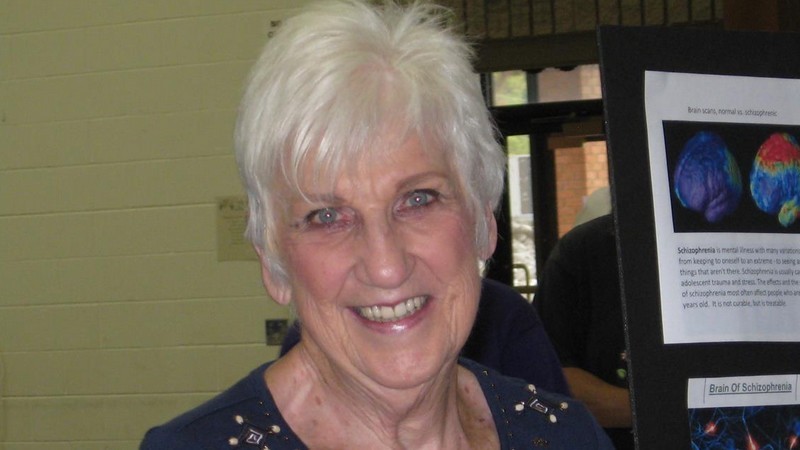When a person has a mental health “condition,” symptoms cause changes in their personality and behavior. They will gain some new behaviors and lose habits and abilities they used to have.
In one of our NAMI classes (Family to Family), we discuss the impact of a loved one’s mental health condition (illness) on the family. “Family” can include anyone close to the individual. We also discuss the discrimination, stigma and bias toward mental health illness that exists in society and within the family — even the affected individual’s own bias. We’ve come to realize that what most people dislike are the terms used to describe these conditions or disorders — the most objective being “mental.”
As advocates for the mentally ill and their families, our job is to offer educational and support programs and to bring about public awareness that mental illnesses are nobody’s fault. Lives do improve with treatment and understanding. With treatment, people can live productive lives.
First, let’s talk about bias. We (NAMI) believe that bias is often caused by misunderstanding, and that bias — prejudice and discrimination — makes it even more difficult for those experiencing these conditions. Most do not understand that, like physical illnesses, mental illnesses are biological conditions. With the onset of a physical illness, it is likely the person loses the ability to function as they used to. So it is with a mental illness. It all boils down to understanding brain or physical biology — what happened and what treatment is necessary to make it better.
Most noticeably, with the onset of mental illness, we may detect a change of moods or behaviors in our loved one. For instance, in depression disorders we may experience a loss of interest or loss of pleasure in all activities; a change in appetite or weight; sleep disturbances; feeling agitated or feeling slowed down; fatigue; feelings of low self-worth, guilt or shortcomings; difficulty concentrating or making decisions; or suicidal thoughts or intentions. In children, the diagnosis may be more difficult in deciding if some symptoms are childlike behavior patterns or consistent signs exhibited at home, school and with friends.
Most of these symptoms involve brain chemistry. Medication therapy, when applied, will improve the symptoms. A treatment plan, however, also involves cognitive therapy, proper diet and exercise.
NAMI encourages anyone experiencing changes in their personality or thinking for more than two weeks to seek help, which may start with their health care provider, or dial 2-1-1 for resources. In crisis? Call 1-800-273-8255 for help.







